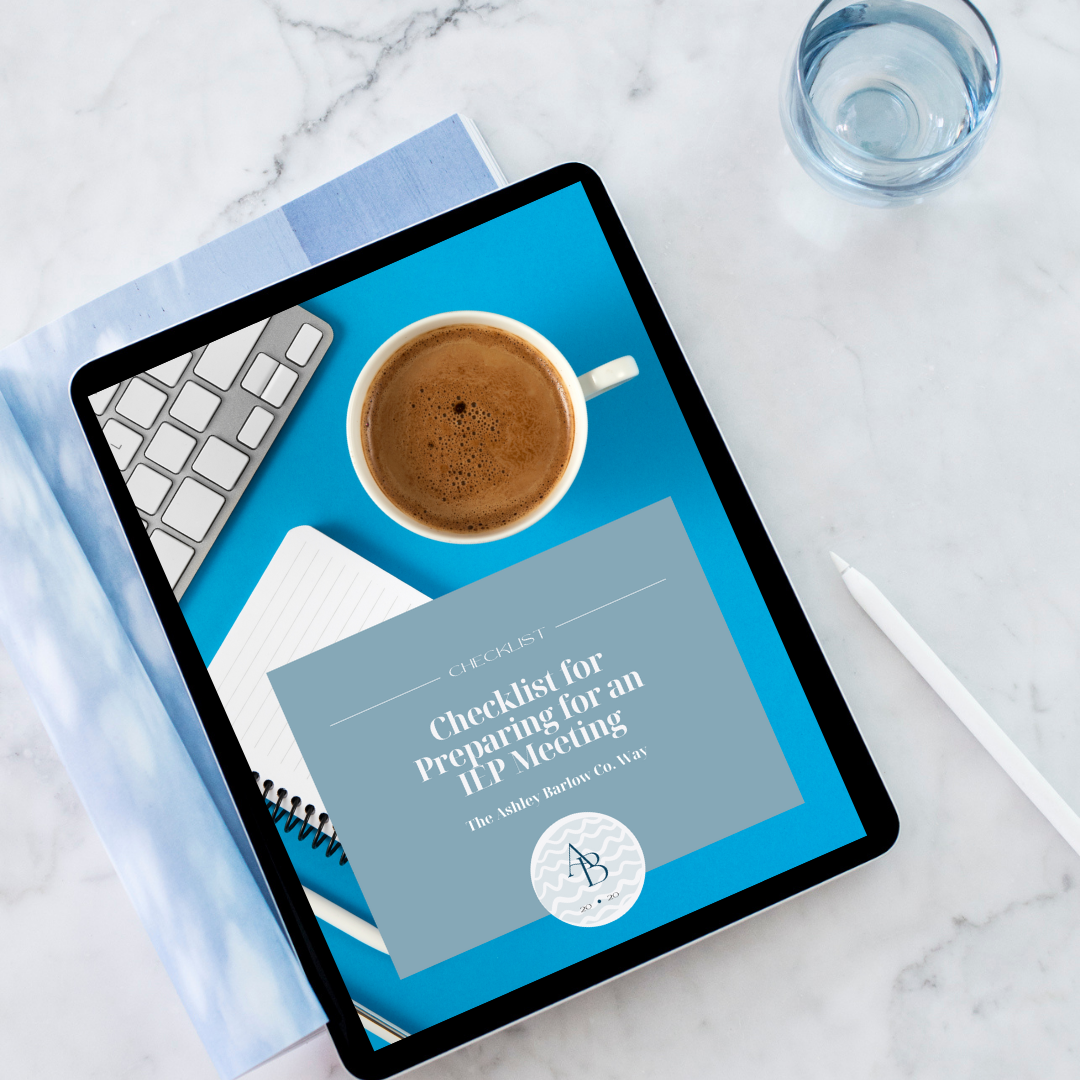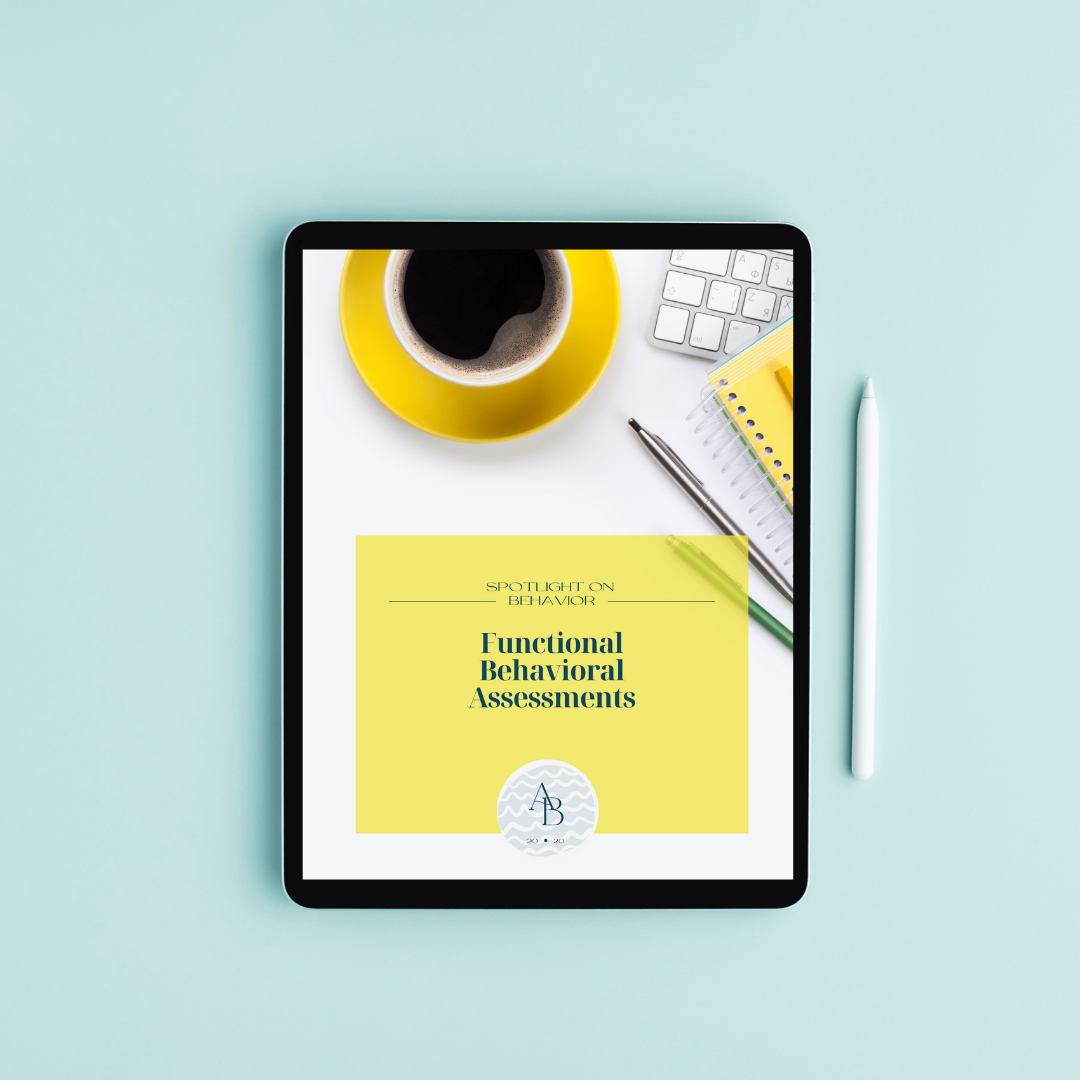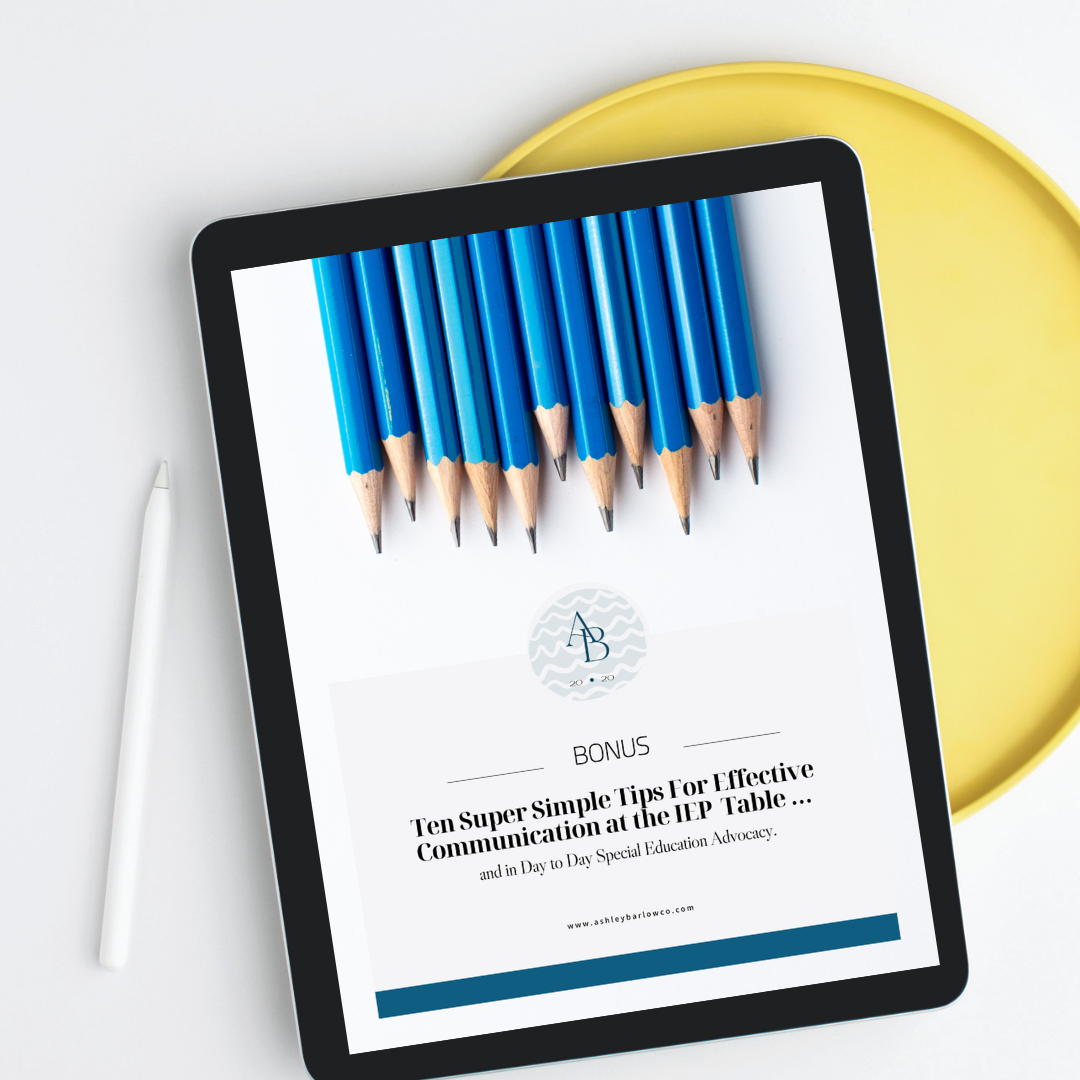Professionalism isn’t just a buzzword in medical school; it’s the foundation of trust between doctors, patients, peers, and society. For medical students, lapses in professionalism can have serious consequences. A single misstep, no matter how unintentional, can threaten to derail a student’s medical career, potentially undoing years of dedication and substantial financial investment.
Medical school is an arduous and demanding journey, one that not only tests a student’s academic abilities but also their capacity to adhere to stringent standards of professionalism. While excelling academically and fostering strong relationships with peers and faculty are important, professional behavior is equally critical.
The Unforgiving Nature of Professionalism Standards
Medical schools hold student doctors to high ethical standards, as future physicians must be capable of upholding trust, maintaining integrity, and exercising sound judgment in all professional settings. These standards are enforced strictly, with lapses in professionalism leading to potentially severe consequences.
Many students, despite having good intentions, may unknowingly engage in behaviors that are classified as unprofessional by their institution. These actions, which may seem insignificant or harmless to the student, can be interpreted by the medical school administration as severe breaches of conduct.
What a student perceives as a minor lapse in judgment, perhaps a thoughtless comment or a failure to meet a clinical obligation, can be classified as “unprofessional behavior” under the school’s code of conduct. In some instances, even a single occurrence can be sufficient grounds for severe disciplinary measures such as dismissal from the college of medicine.
Common Professionalism Violations in Medical School
To illustrate the importance of maintaining professionalism, here are some examples of behaviors that, while seemingly small to a student, can lead to disciplinary action:
- Failing to get the necessary excuse prior to missing classes
- Inappropriate language or jokes in clinical settings: Even informal remarks or jokes among peers, especially if related to patients, can reflect poorly on a student’s professionalism.
- Discussing personal, political, or religious views with patients: Engaging in personal discussions with patients about sensitive topics can be viewed as unprofessional and potentially damaging to the doctor-patient relationship.
- Not Responding Promptly to Emails or directives
- Sharing Study Resources from Past Students
- Social Media Posts
Here are some examples of more serious and clear Professionalism issues-
- Accessing, discussing, or sharing patient information without authorization
- Accessing a clinical site computer using another individual’s login credentials: Regardless of the rationale, this can be seen as a breach of institutional security protocols.
- Accessing an exam or test outside of a proctored environment.
- Any form of Academic dishonesty
- Refusing to participate in a clinical procedure without a valid reason
- Falsifying Clinical Documentation or Encounters
- Unprofessional Behavior Toward Patients or Staff
- Habitual tardiness or unexcused absenteeism: Repeatedly arriving late to required activities or failing to attend scheduled clinical shifts without proper notification disrupts patient care and teamwork.
This list is not exhaustive. In fact, many behaviors that may seem minor or trivial to a student, such as being late to a clinical shift, failing to respond to an email, or speaking casually about a patient, can be perceived as unprofessional within the medical context.
The standards for medical students are exceptionally high because they are entrusted with patient care and held to the ethical expectations of future physicians. Seemingly small lapses in judgment or conduct can carry significant consequences, making it essential for students to consistently demonstrate maturity, integrity, and respect in all academic and clinical settings.
The Importance of Legal Representation at Disciplinary Hearings
Some students mistakenly believe that the actions above are not severe enough to warrant significant consequences. As a result, they may attend disciplinary hearings under the assumption that they can simply explain their side and resolve the matter. This approach is risky and ill-advised.
Medical students should never attend disciplinary hearings without legal representation. The seriousness of the hearing is often underestimated, and without proper preparation, students may inadvertently admit fault or fail to defend themselves adequately.
Medical schools have considerable latitude in determining what constitutes a breach of professional conduct. Students are often dismissed or expelled for actions they believed were minor, but which the institution deemed serious. This is why it is critical to have an attorney experienced in medical school disciplinary proceedings, someone who understands the stakes, the standards, and how to effectively advocate within this high-stakes academic environment.
Legal representation provides several key benefits:
- Expert guidance: An education attorney familiar with medical school policies can help the student understand the charges they face and the potential consequences.
- Strategic preparation: An education lawyer can help students present their case in a more structured and professional manner, ensuring that their defense addresses the critical concerns raised by the institution.
- Protection of rights: Students may not fully understand the due process rights they are entitled to during disciplinary proceedings. Legal counsel can help safeguard these rights and prevent the student from making avoidable mistakes.
Navigating a disciplinary hearing is a complex process with high stakes, and the presence of legal representation can dramatically improve a student’s ability to mount a strong defense.
Proactive Measures to Uphold Professionalism
Understanding the gravity of seemingly small actions is crucial for students who wish to avoid jeopardizing their future medical career. Here are some strategies to help students stay on track:
- Familiarize Yourself with Institutional Policies: Medical schools often provide clear guidelines on expected behavior. Knowing these policies and adhering to them can prevent unintentional violations.
- Seek Feedback Early: If students are uncertain about behavior or decision-making, they should proactively seek feedback from faculty or mentors.
- Communicate Effectively: When circumstances arise that may prevent a student from fulfilling a commitment (e.g., illness, family emergency), it’s crucial to notify supervisors as early as possible to avoid the perception of irresponsibility or lack of commitment.
- Practice Self-Reflection: Professionalism extends beyond outward behavior; it includes an awareness of how others may perceive actions, words, and decisions. Regularly reflecting on interactions with peers, patients, and faculty can help maintain high standards.
Conclusion
While academic excellence and clinical competency are crucial to medical education, professionalism remains an important cornerstone as it is the defining trait that determines whether a student is truly prepared to become a physician.
Students must remain mindful that even seemingly minor missteps can have profound consequences. Taking proactive measures to uphold professionalism and seeking legal counsel when faced with disciplinary issues can help ensure that a single mistake doesn’t undo years of hard work and dedication.







